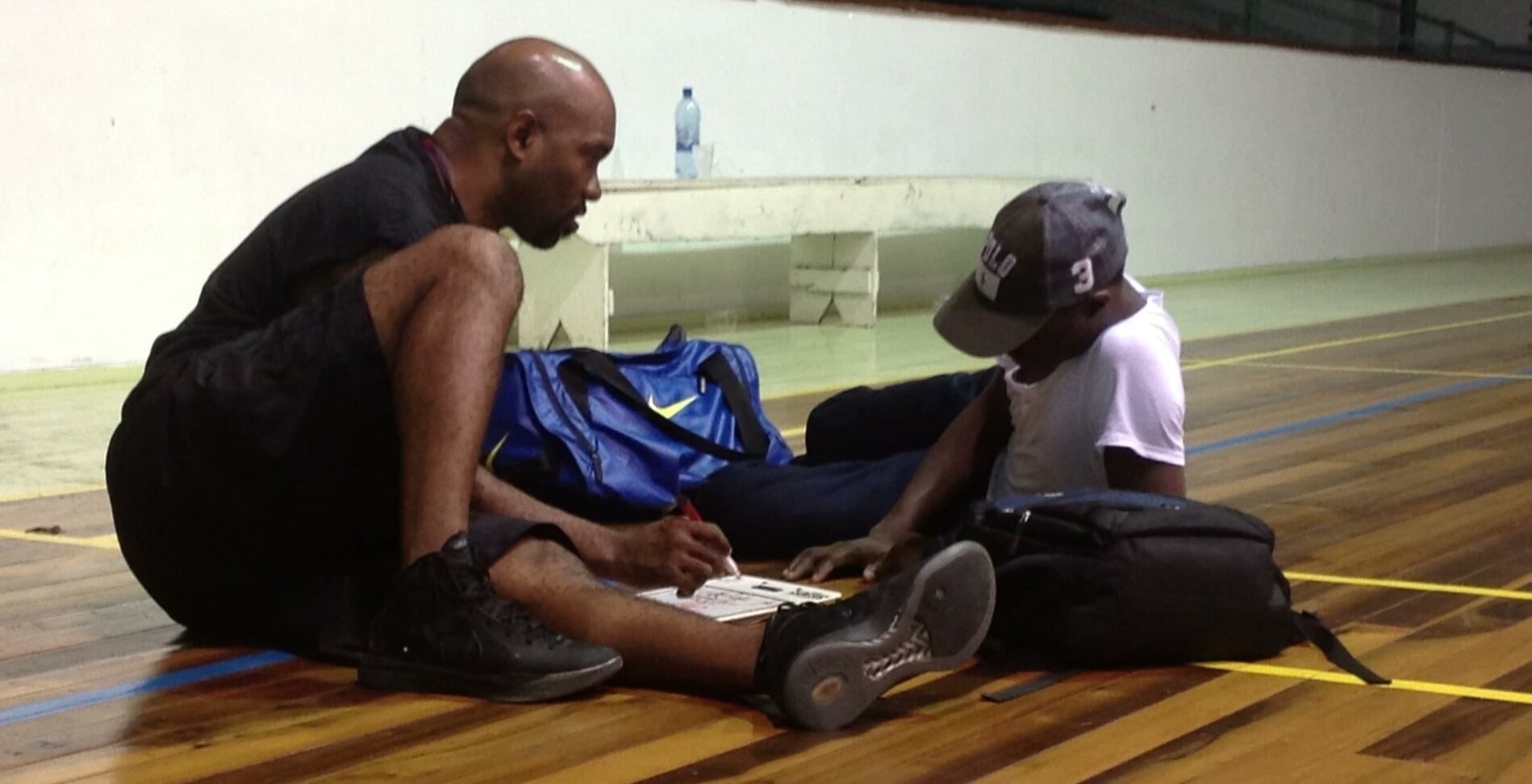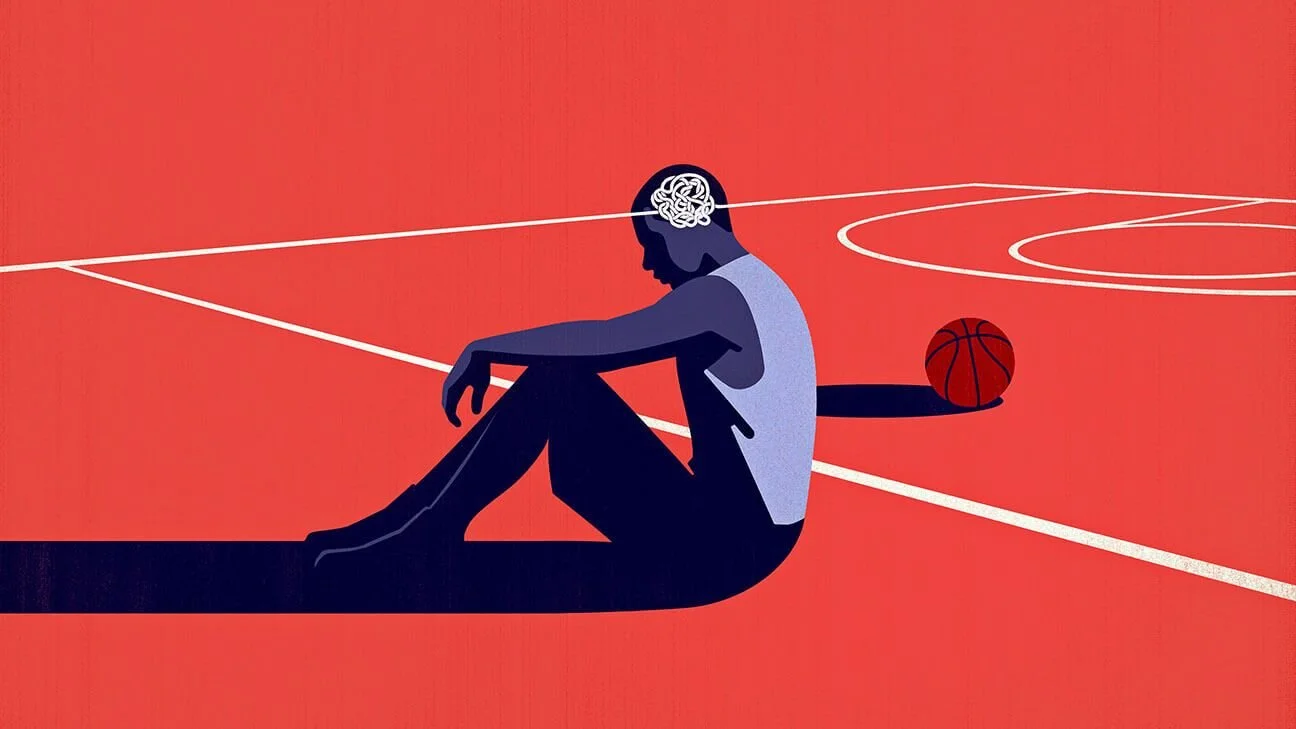
Take Care of your Mental Health
General Resources
The CDC webpage on managing anxiety and stress provides a practical overview of self-care and resources. The National Alliance on Mental Illness provides a comprehensive information and resource guide that addresses self-care and community/national resources.
The Substance Abuse and Mental Health Services Administration tip sheet answers questions about COVID-19, social distancing, quarantine and isolation.
Daily Strategies
The National Alliance on Mental Illness recommends daily strategies for self-care and awareness. Following is a summary of general recommendations:
● Space. Create a structured, dedicated work environment, and include regular patterns of self- care.
● Routine. Try to maintain a routine that reflects your normal day routine, including how you dress and structured breaks for lunch and mini-breaks.
● Activity. Regular exercise and mindfulness activities are key during times of crisis. Exercise and mindfulness activities help mitigate depression and anxiety while improving cognition and confidence. Develop a daily routine for both, even if this is as simple as a 15-minute walk and/or quiet time with deep breathing.
● Time and Energy Management. Be mindful of over- or under-working. Try to structure your daily work in a way that mirrors your normal workplace hours. In addition to time management, be aware of the way in which you eat, self-talk, and communicate with others. Self-compassion and self-care provide stability and confidence.
● Accessibility. Develop ways in which you are accessible to colleagues, friends and family.
● FaceTime and Connectivity. Humans need to feel and be connected. Utilize video tools such as Microsoft Teams, Skype, Facetime, Google Hangouts, Facebook and WhatsApp to connect visually.
● Resources. Map out your important resources, ranging from daily necessities to emergency management.
● Support. The National Alliance on Mental Health Illness website provides a comprehensive guide to national and local resources. Know that there is help when needed.
Athletics health care providers and athletics staff should forward this message to all strength and conditioning coaches and other personnel who oversee student-athlete exercise and strength and conditioning sessions.


